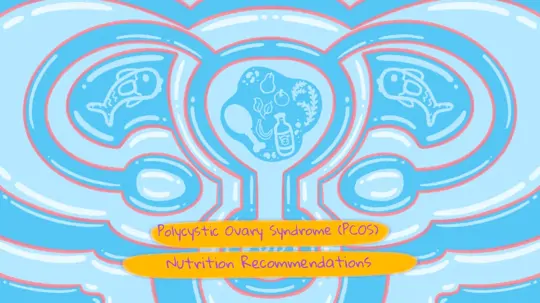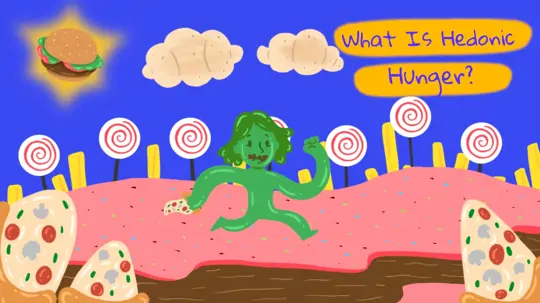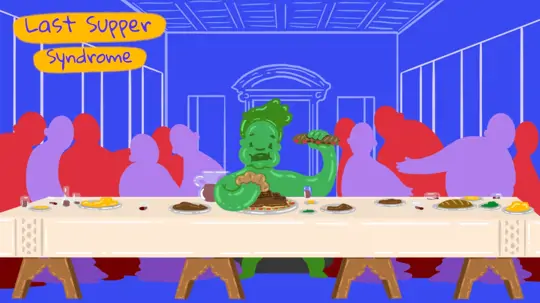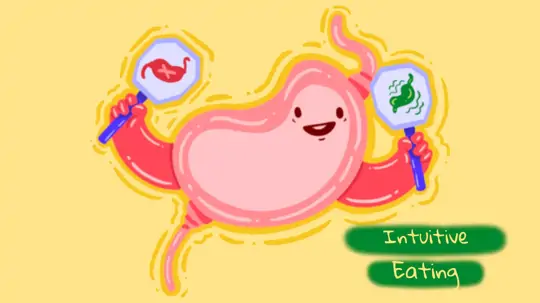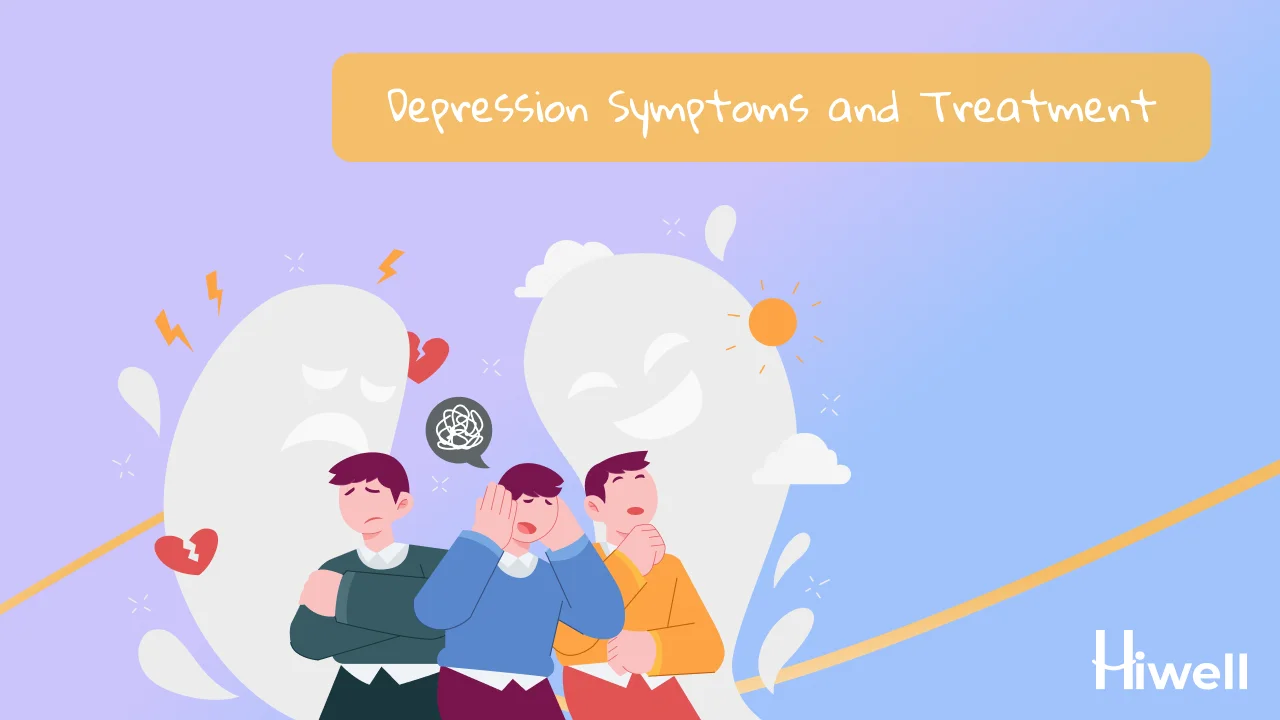
Start feeling better today!
Connect with your therapist today and take control of your life like our 850.000 happy clients.
Get StartedHow do We Define Depression?
Depression is a mood disorder that makes it difficult for a person to continue with their daily activities. Due to the long-term continuation of feelings such as unhappiness, hopelessness, and pessimism, people often have trouble with time management; their relationships with other people are affected by this situation, and they have low productivity. Depression symptoms can occur at any stage of life. People experience depression in different ways, and depression can trigger some physical diseases. Every person may encounter situations that cause them to feel unhappy at certain times in their lives. However, if you often and intensely feel unhappy and hopeless, and if this negatively affects your human relationships and daily life, it may be beneficial to seek professional support.
The prevalence of depression in adults in Turkey is known to be approximately 3-6%. At the same time, the prevalence of depression in women is twice that of men. It is thought that the reason for this is that men act in different ways more frequently, while women usually show more intense symptoms when faced with the same stressor. Hormonal changes and traditional female roles are also effective in the more frequent occurrence of depression in women.
What are the Causes of Depression?
There are many conditions that can result in depressive mood or depression. Some of these are:- Genetic predispositions: If you have a family history of depression or other mood disorders, you may be at increased risk.
- Early childhood traumas
- Brain structure: You may be at risk if the frontal lobe of your brain is less active.
- General health status: Some conditions such as chronic diseases, attention deficit hyperactivity disorder, and sleep problems put you at a higher risk.
- Some medications that are used regularly
- Hormonal changes
- Negative experiences that cause stress (financial problems, divorce, loss of a loved one)
- Anxiety disorders
- Excessive alcohol consumption and drug use
- Low self-confidence and excessive self-criticism
What Are the Symptoms of Depression?
Depression symptoms can vary depending on age and biological sex. These symptoms can be permanent or temporary at times.
Some common symptoms of depression include:

- Having difficulty regulating emotions
- Feeling constantly restless and unhappy
- Low self-esteem, feeling guilty
- Increase or decrease in appetite
- Changes in weight
- Inability to enjoy activities that were previously enjoyable
- Disruption of sleep patterns (inability to fall asleep, waking up too early in the morning, waking up frequently at night)
- Decreased sex drive
- Getting tired easily during physical activities
- Digestive system problems or somatic complaints such as headaches Difficulty concentrating
- Daydreaming, forgetfulness
- Deferring responsibilities
- Low productivity
- Failure in educational life
- Movements slowing down
- Self-harm or suicidal ideation
What are the types of depression?
People can experience depression mildly, moderately, or severely. Depending on how bad the symptoms are, depression is classified as either major depressive disorder or dysthymic disorder .
What is Major Depression?
Major depression (clinical depression) is a more severe form of depression. People are extremely upset, worthless, and hopeless, and they are unable to regulate these emotions on their own.
Subtypes of major depressive disorder:
- Chronic depression: Major depression lasting 2 years or longer
- Catatonic depression: Significant impairments occur in the person's psychomotor behavior, such as decrease in movement and posture problems.
- Psychotic depression: There are symptoms of psychosis, such as delusions and hallucinations.
- Seasonal affective disorder: It is a type of depression that starts and improves on a seasonal basis.
- Postpartum depression: It occurs during pregnancy or within 4 weeks after birth.
- Melancholic depression: The person does not enjoy almost any of the things they used to enjoy.
- Depression with atypical features: People's moods change depending on external factors (For example, being overjoyed at happy news, being overly upset at a sad situation).
What is Dysthymic Disorder?
Dysthymic disorder is a mild but long-lasting form of depression. For diagnosis, this condition must be ongoing for at least two years. Dysthymia affects a person's daily life less than major depression. Therefore, people may think that dysthymic disorder is a part of their personality traits.
People with dysthymic disorder experience conditions such as loss of interest in daily activities, low self-esteem, feeling hopeless, and decreased productivity.
Can Depression Be Prevented?

Depression is often thought to be unavoidable. Because there are so many causes that can trigger depression, it is hard to spot them early on. However, if you have experienced depression before, you can eliminate or alleviate future depressive episodes by learning about the changes you need to make in your lifestyle and by getting psychological support.
Lifestyle changes that may be useful in preventing depression:- Continuing to get psychological support
- A healthy sleep pattern
- Exercising regularly
- Reducing/quitting smoking and alcohol
- Connecting with loved ones
- Eating healthy
- Reducing stress
Does Depression Recur?
Depression is a recurrent mood disorder. Having experienced a depressive episode before increases the likelihood of recurrence.
Some risk factors that can cause depression to recur:- Having a family history of mood disorders
- Quitting therapy before the process is complete
- Alcohol and substance use
- Having chronic depression
- Being over 60 years old
Depression Diagnosis and Therapy Process

Not every feeling of unhappiness, hopelessness, or disappointment is a sign of depression. It is a normal part of human life to have pessimistic feelings from time to time in the face of difficult and sad situations. In such cases, the feeling of sadness decreases over time, and you can go on with your daily life. Depression is a disorder that changes your mood, even the way you understand and make sense of yourself and the events around you. Therefore, when we feel down and sad, we should not diagnose ourselves with depression. Only a psychiatrist can make this diagnosis using the symptom criteria stated above and prescribe antidepressants. Mood changes, sleep patterns, appetite, somatic complaints, and thought flow are important for diagnosing depression.
However, if you often feel sad and hopeless and this has started to interfere with your daily life, this should not be ignored. Living with depression is quite challenging. If the person has long-term mood problems that they have difficulty solving on their own, they should definitely get professional help.
Cognitive behavioral therapy and treatment methods that focus on interpersonal relationships are widely used in the treatment of depression. It is helpful to find and work on actions that a person used to enjoy doing but has difficulty doing now. In cases where depression affects the daily life and thoughts of a person excessively, drug therapy may be necessary in addition to psychotherapy. Depression is a treatable mood disorder, but it may recur. It is important to continue control sessions in order to delay or even prevent recurrence.
